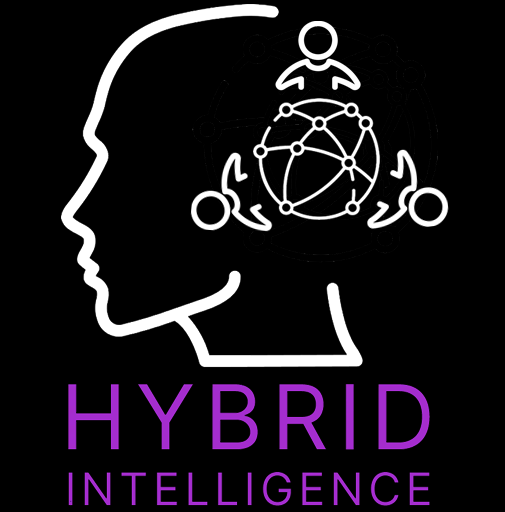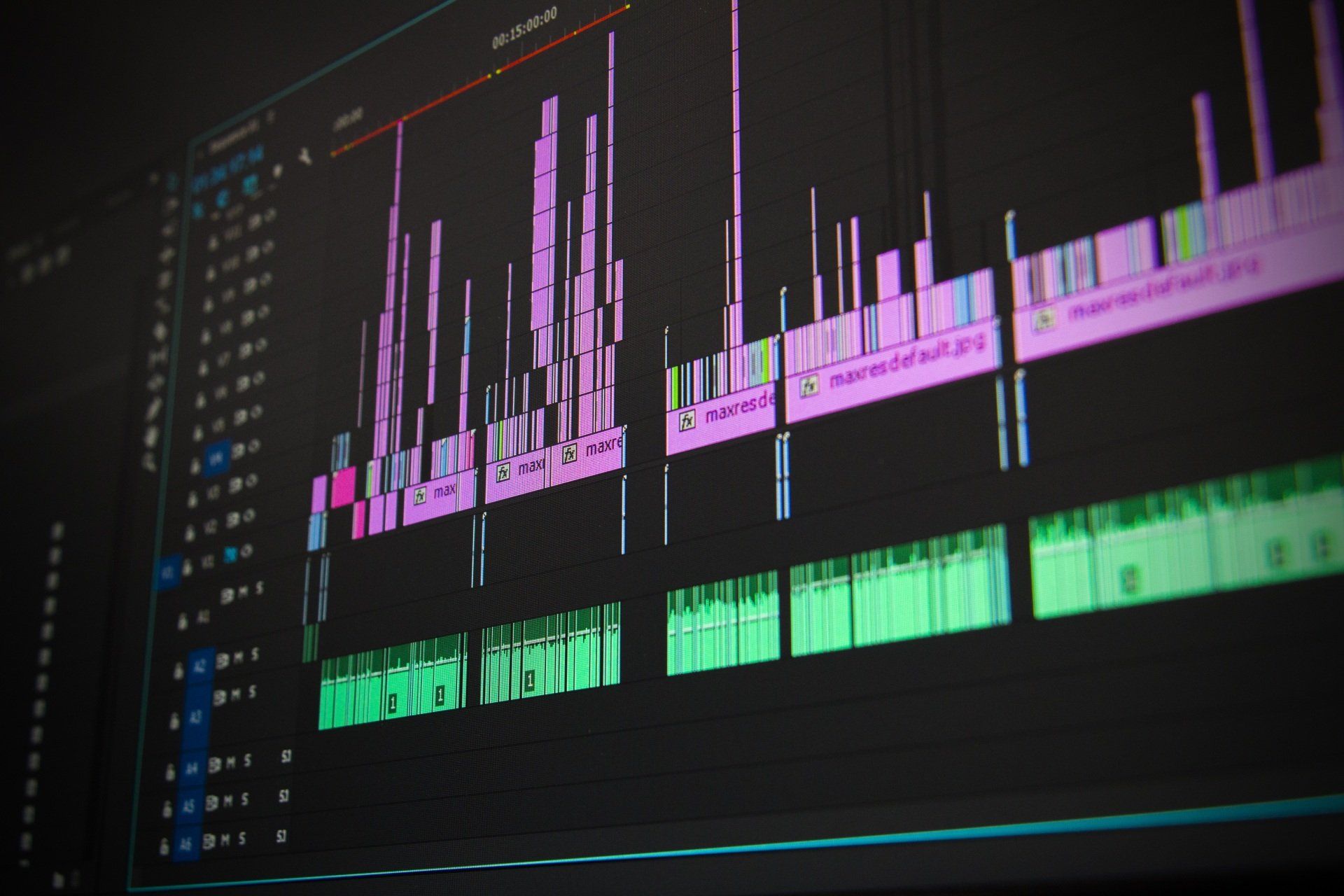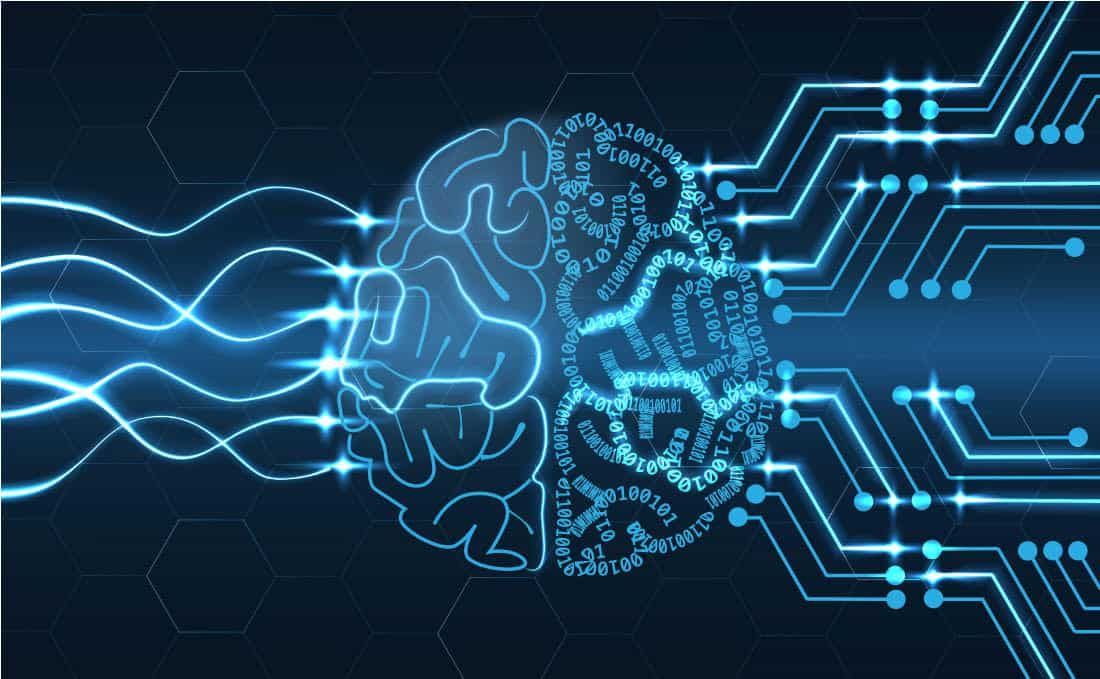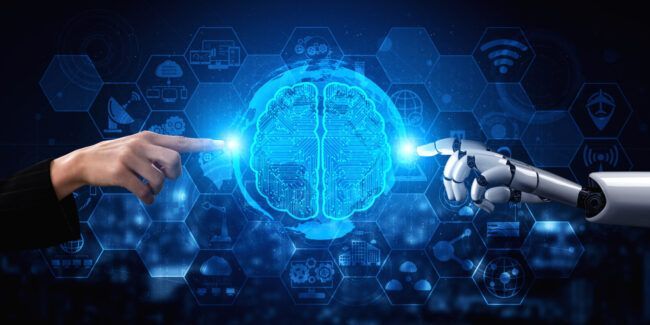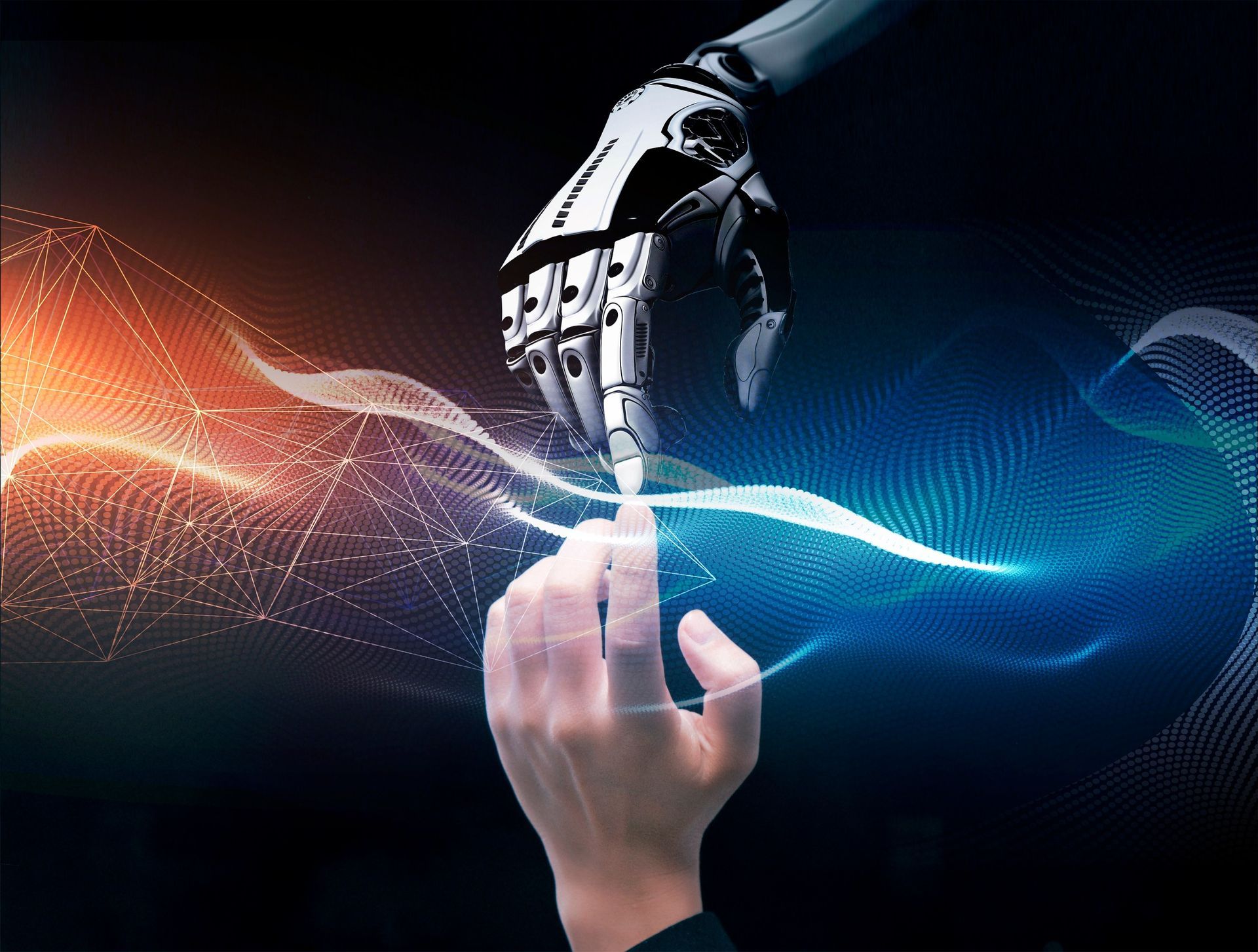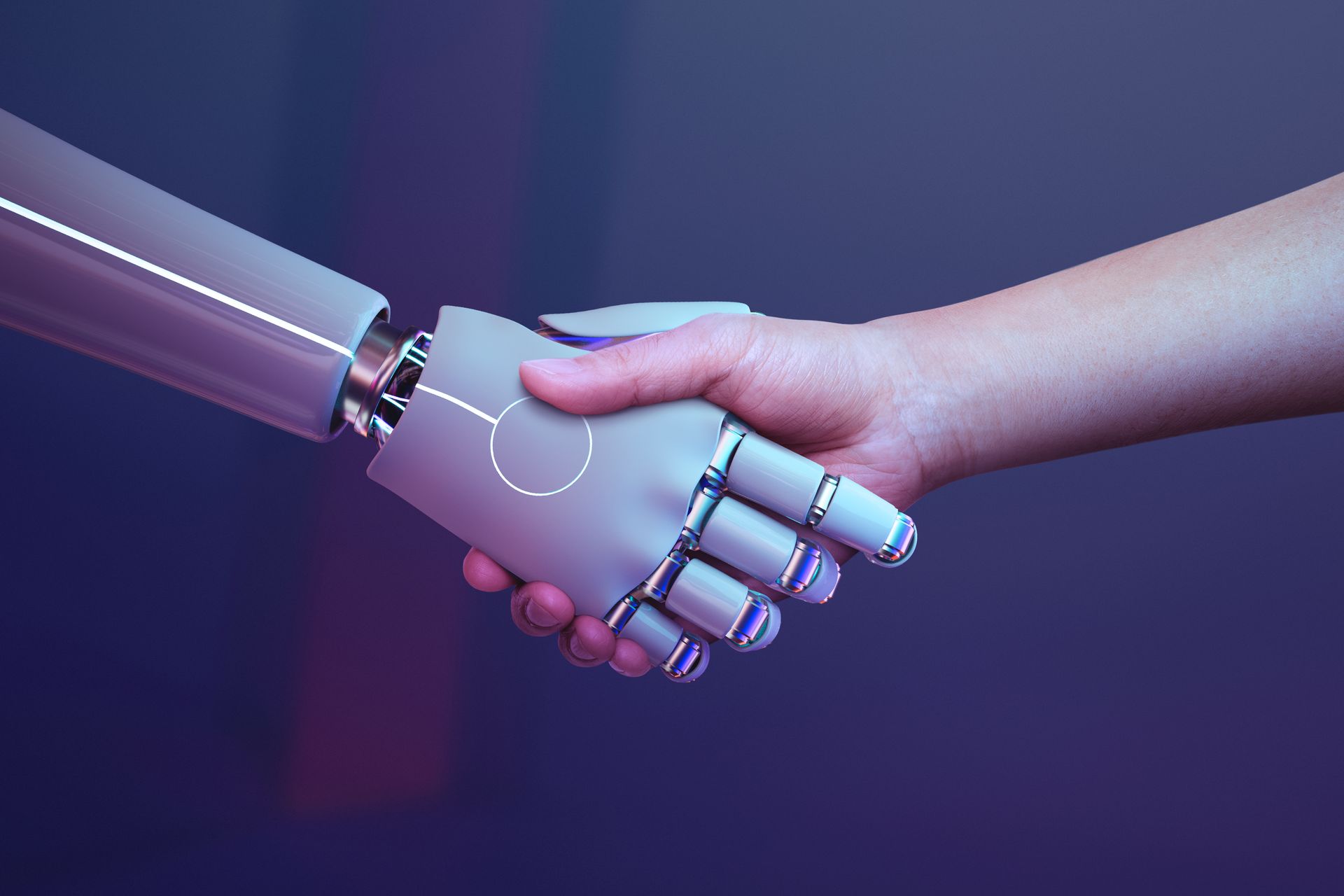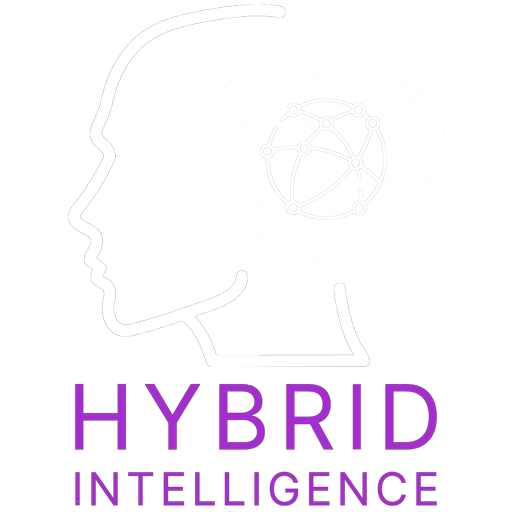What is Hybrid Intelligence and How can it Benefit Organizations, Communities, and Societies?
What is Hybrid Intelligence -
and how can it benefit organizations, communities, and societies?
Hybrid Intelligence is an emerging field of study that seeks to combine insights from both artificial and human intelligence in order to better understand complex problems and optimize outcomes.
It encompasses a range of disciplines and technologies, from artificial intelligence, human-computer interaction, ethical considerations to consciousness studies, and the field offers groundbreaking benefits to organizations, communities, and societies.
Hybrid Intelligence provides a powerful platform for organizations to leverage sophisticated, yet tailored applications. In this article, we will explore what Hybrid Intelligence is and the potential it holds for driving meaningful change for organizations, communities, and societies.
What is Hybrid Intelligence?
Hybrid Intelligence is an emerging field that strives to combine the best of both human and artificial intelligence (AI) to create an intelligent and autonomous system. As De Cremer and Kasparov (2021) recently noted, “our principal challenge as business people is to anticipate what AI means in relationship to how humans think and act.”
It combines the best of both worlds, allowing for greater flexibility, accuracy, and scalability than either of its two components could independently provide.
At its core, Hybrid Intelligence combines the power of both neural networks and human intelligence. Neural networks use an artificial intelligence algorithm that mimics the way biological brains process information. Nwadiugwu, (2020)
Hybrid Intelligence, then, brings together the capabilities of these two forms of intelligence to create a more sophisticated system. It integrates the strengths of both, creating an environment in which AI algorithms have access to data that human intelligence may have missed, and likewise, human intelligence grounded in tacit knowledge and intuition can then provide a larger scope to the algorithms Kamar, (2016). This type of hybrid intelligence, therefore, is significantly more powerful than each of its components.
While AI can be used to identify patterns and make forecasts on existing data, human intelligence offers the imagination, ideas, and intuition that work as an extra layer based on group predictions, reasoning, and analytical thinking. It involves complex problem-solving and decision-making tasks.
For example, a common trend on crowdsourcing platforms for innovation and idea generation is to couple the crowd’s description of ideas to deal with a concrete challenge with Natural Language Processing (NLP) as a form of artificial intelligence (AI). NLP focuses on natural language - this means both written and spoken language by human beings. NLP sort, analyses, understands and produces text from recognizable patterns across the text dataset.
Human intelligence is of course limited by factors such as time and cognitive capacity, while AI is limited by its programming. Hybrid Intelligence can thus overcome these limitations and expand the range of tasks that can be accomplished.
Hybrid intelligence provides solutions that are able to leverage the immense power of both human and artificial intelligence (AI) into a single collaborative system. By using a combination of machines and humans, hybrid intelligence-enabled systems can result in a synergistic combination that yields superior outcomes. These systems empower people by leveraging AI solutions, such as smart automation, to free them from mundane, time-consuming tasks. Kamar, (2016)
The benefits of Hybrid Intelligence
In the era of digitalization, Hybrid Intelligence (AI) will assume the majority of the workload by merging human and artificial intelligence (AI), synergistically utilizing their complementary capabilities to enhance each other's performance.
Here are some potential benefits of Hybrid Intelligence:
- Improved accuracy and efficiency: By combining the strengths of human and artificial intelligence, Hybrid Intelligence can achieve greater accuracy and efficiency than either could alone. By automating certain tasks and augmenting others, Hybrid Intelligence can increase overall efficiency. For example, AI can perform repetitive, low-level tasks, freeing up humans to focus on more complex and creative work. Batavia (2023)
- Greater flexibility: Hybrid Intelligence (HI) can be adapted to handle a wide range of tasks and situations, making it a versatile solution for many different industries and applications. HI can adapt to changing situations and requirements more easily than purely AI-based or human-based systems. Humans can provide oversight and make adjustments as needed, while AI can quickly process new data and adjust its algorithms accordingly.
- Increased creativity and innovation: Human intelligence (HI) brings creativity, imagination, and intuition to the table, while AI can process vast amounts of data quickly. Combining these abilities can lead to innovative solutions and ideas that might not have been possible otherwise Ebel, Söllner, Leimeister, et al. (2021). By combining human intelligence with AI, Hybrid Intelligence can leverage the strengths of both to achieve superior performance. For example, AI can analyze vast amounts of data quickly and accurately, while humans can provide context and make judgments based on experience and intuition.
- Better decision-making: With access to both human expertise and AI's analytical power, Hybrid Intelligence can make more informed and well-rounded decisions, improving outcomes and reducing risk. HI can lead to better decision-making by providing a more comprehensive view of a problem or situation. AI can quickly process and sort large amounts of data and identify patterns, while humans can bring a deeper understanding of the broader context Batavia (2023).
- Improved user experience: Hybrid Intelligence can be used to enhance user experiences in fields like customer service and product design. By combining AI's efficiency and accuracy with human empathy and problem-solving skills, businesses can provide better service and create more user-friendly products.
- Cost savings: Hybrid Intelligence can help businesses reduce costs by automating routine tasks and freeing up human workers to focus on more complex and strategic work. Ebel, Söllner, Leimeister. et al. (2021).
- Continuous Learning: Hybrid Intelligence can learn and improve over time as both the human and AI components gain experience. This can lead to increasingly sophisticated problem-solving and decision-making capabilities. Winkler et al. (2020)
These are just a few examples of the potential benefits of Hybrid Intelligence. As technology continues to develop and mature, we may discover even more ways in which it can improve our lives and businesses.
How can Hybrid Intelligence benefit organizations, communities, and societies?
Hybrid Intelligence creates a balance between machine-based algorithms and human-based instincts, allowing organizations, communities, and societies to reap the full benefits of automation, but without the risk of relying completely on algorithms. Organizations, communities, and societies can leverage the power and accuracy of AI while still having access to the creative, compassionate, and consistent application of human intelligence.
Organizations utilizing hybrid intelligence are able to increase efficiency and accuracy in their operations. Through the use of machine learning algorithms and natural language processing, accurate decisions can be made in much less time and at a much lower cost than when compared to human data-driven insights. Automated processes result in higher-quality data through reduced errors and fewer manual processes (Xinn, 2021)
For example, virtual assistants are becoming increasingly popular and can be used to help users find the right products or services. This technology allows organizations to access quick and reliable information while improving workflow, customer experiences, and customer satisfaction.
Additionally, hybrid intelligence can be used to develop more sustainable solutions for communities and societies. AI-driven entities can collect data, analyze it quickly, and provide an informed decision, making it easier to develop solutions to challenging social issues.
By using hybrid intelligence, complex problems can be solved faster while upholding the safety and security of citizens. For example, HI-based solutions can be used to better assess community well-being and spot social determinants of health. With greater insight, governments can make informed decisions about policy and provide resources more efficiently, ultimately leading to a better quality of life and standard of living for all. Peeters et al. (2021)
Hybrid Intelligence has the potential to benefit organizations, communities, and societies in numerous ways. Here are some potential examples:
Organizations:
- Increased efficiency and productivity through the automation of routine tasks.
- Improved accuracy and reduced errors in decision-making and problem-solving.
- Greater agility and adaptability in the face of changing circumstances.
- Enhanced innovation and creativity through the collaboration of human and AI perspectives.
- Improved customer service through the use of AI-powered chatbots and other tools Leodolter, (2017)
Communities:
- More personalized and effective healthcare through the use of AI-powered diagnostic tools and treatment recommendations.
- Increased safety through the use of AI-powered predictive analytics for crime prevention and disaster response.
- Improved environmental sustainability through the use of AI-powered resource management and conservation strategies.
- Increased access to education and knowledge through the use of hybrid intelligence in e-learning platforms and other educational resources.
Societies:
- Improved social welfare through the use of hybrid intelligence in areas such as poverty reduction and disaster relief.
- Improved healthcare: Hybrid Intelligence can help healthcare providers deliver more personalized care and develop new treatments more quickly by combining medical expertise with AI's data-processing capabilities.
- Enhanced public safety and security through the use of hybrid intelligence in national defense and emergency management.
- Improved governance through the use of hybrid intelligence in decision-making and policy formulation.
- Increased global collaboration and innovation through the use of hybrid intelligence in scientific research and international cooperation.
Overall, Hybrid Intelligence has the potential to create numerous benefits for organizations, communities, and societies by leveraging the complementary strengths of humans and artificial intelligence, leading to enhanced problem-solving, decision-making, and innovation.
Conclusion
In conclusion, Hybrid Intelligence represents an exciting new frontier integrating human and artificial intelligence. By combining the strengths of both, Hybrid Intelligence has the potential to revolutionize the way we work, solve problems, make decisions, and leverage humanity to a higher consciousness level. It will lead to greater efficiency, accuracy, and innovation in organizations, communities, and societies around the world. ‘
As we continue to explore the possibilities of Hybrid Intelligence, it will be essential to ensure that its benefits are distributed equitably and that its development is guided by ethical and responsible principles. With the right approach, Hybrid Intelligence can help us achieve new heights of productivity, creativity, and progress, while also addressing the most pressing challenges facing our planet and our species.

